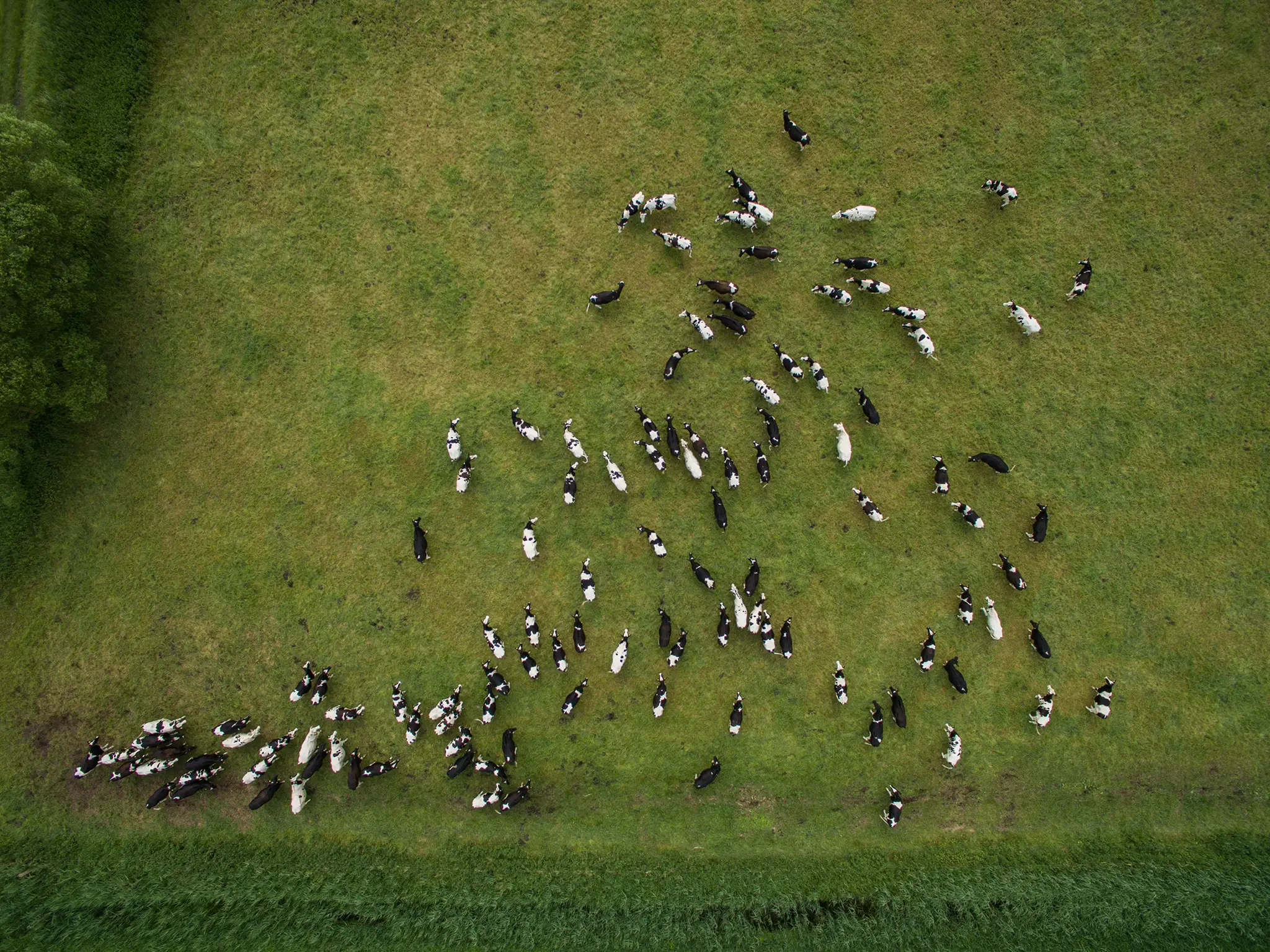Sustainability
Download our sustainability Issue PrimerTexas dairies strive to be good environmental stewards — they live on or near their farms, and they depend on the land, water and air to make a living and to raise a family.

-
Producing a gallon of milk requires 30% less water, 21% less land and has a 19% smaller carbon footprint compared to 2007. -
Water used on the farm is recycled and used multiple times. -
U.S. dairy accounts for 5.1% of water used nationally. -
Cows keep tons of waste out of landfills – about 80% of their diet are food byproducts (such as almond shells and cottonseed hulls) that can’t be consumed by humans. -
Farms use manure as field fertilizer, eliminating the need for chemicals and increasing the soil's water-holding capacity by 20%, requiring less groundwater for irrigation. -
New technologies and new manure management methods adopted by dairy farmers keep manure from harming air and water quality. For example, anaerobic digesters convert manure to methane gas. -
The U.S. dairy industry has committed to becoming carbon neutral or better by 2050. -
Dairies are tightly regulated by state and federal agencies. Dairies must demonstrate they meet environmental standards to receive operating permits from these agencies.


